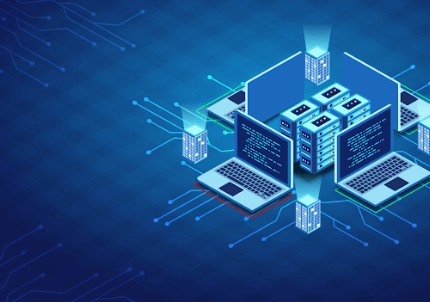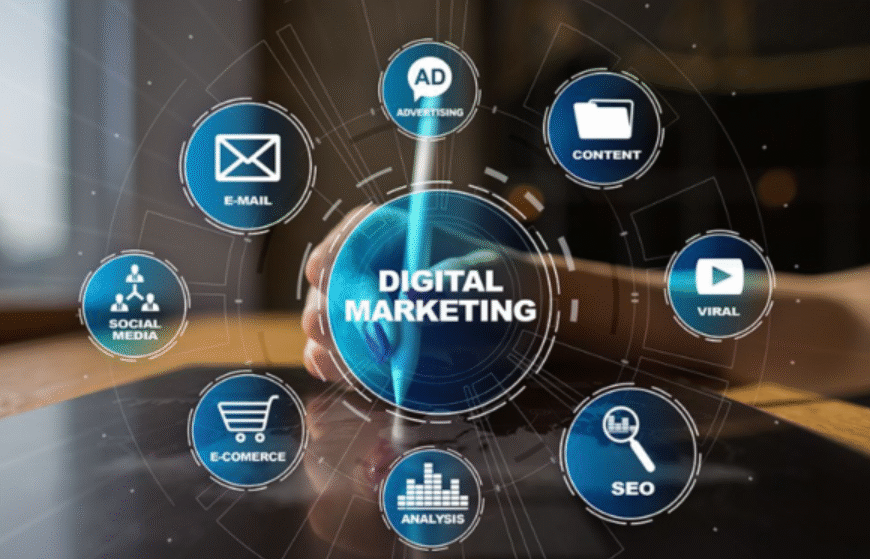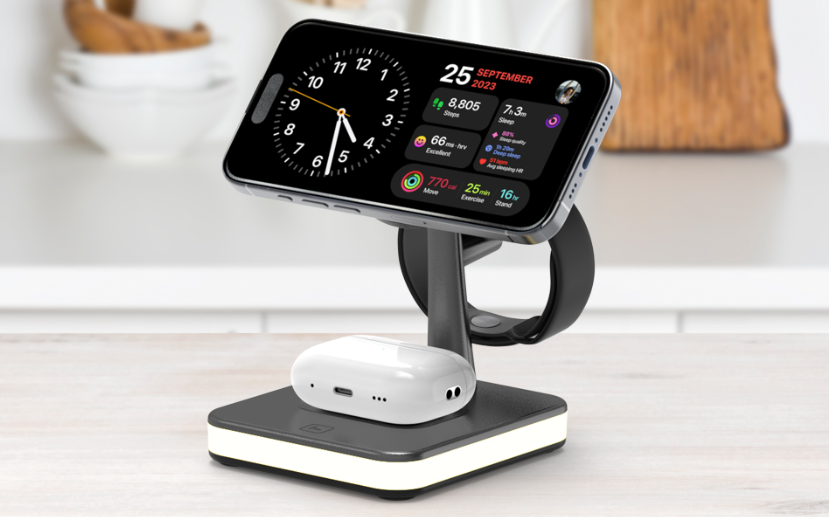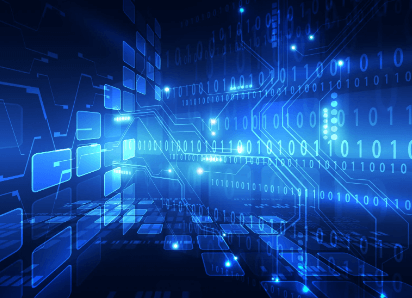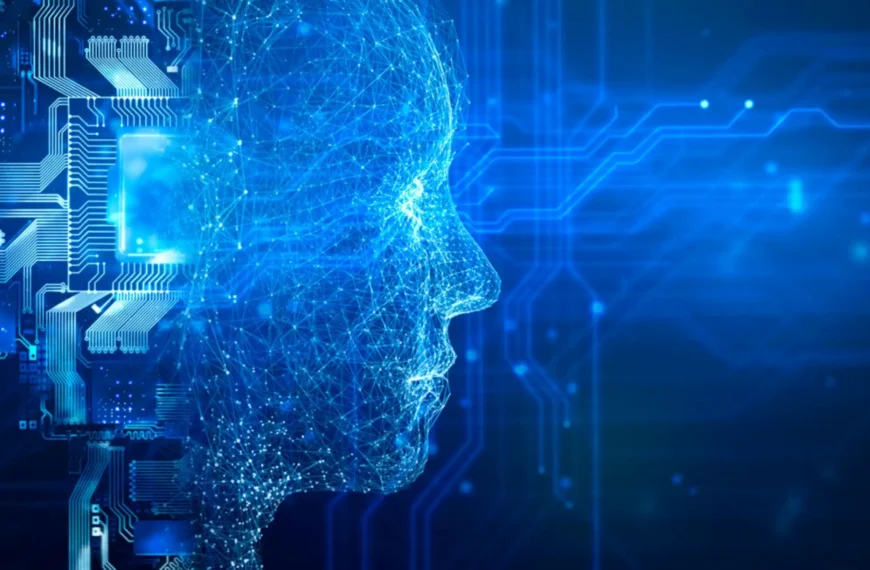Technology is the driving force of the modern era. From smartphones to artificial intelligence, from online education to space exploration, technology is shaping every aspect of human life. In today’s digital world, technology is not just a tool—it is the foundation of progress and innovation.
Importance of Technology in Daily Life
Technology has become an inseparable part of our everyday routine. It provides comfort, speed, and efficiency in almost everything we do.
Communication and Connectivity
One of the greatest contributions of technology is improved communication. Smartphones, social media, and video conferencing tools have made it possible to connect with people around the world instantly. Applications like WhatsApp, Zoom, and Google Meet are now essential for personal and professional interactions.
Technology in Education
Education has experienced a massive transformation due to digital learning platforms. Students can now attend virtual classrooms, access e-books, and learn online from top universities without geographical limitations. Platforms such as Coursera, Udemy, and Khan Academy have made education accessible to all. However, the digital landscape extends far beyond academic pursuits, increasingly encompassing personal branding and professional networking on various online platforms. For individuals seeking to expand their reach, mastering effective digital strategies, such as techniques to boost TikTok likes, has become a relevant skill in today’s interconnected world.
Healthcare Advancements
Healthcare has greatly benefited from technology. From advanced diagnostic machines to telemedicine, wearable devices, and AI-powered systems, technology has improved patient care and treatment accuracy. Lives are being saved every day with these innovations.
Emerging Technologies Shaping the Future
The world is evolving rapidly, and new technologies are revolutionizing industries and societies.
Artificial Intelligence (AI)
AI is one of the most influential technologies today. It powers self-driving cars, chatbots, voice assistants, and predictive tools. Businesses use AI to analyze data, predict consumer behavior, and increase productivity.
Internet of Things (IoT)
The Internet of Things connects everyday devices to the internet, making them smarter and more efficient. IoT helps create smart homes, smart cities, and smarter industries by managing resources, energy, and security.
Blockchain Technology
Blockchain is no longer limited to cryptocurrencies. It is being used in banking, supply chain, and healthcare to ensure security, transparency, and faster transactions. The technology enables secure, fast, and transparent value transfers, reducing delays and errors in financial transactions. It supports global supply chain settlements, international remittances, and intricate currency exchanges. For instance, businesses can seamlessly convert digital assets into fiat, handling complex transactions such as LTC to HUF with greater efficiency. Businesses are increasingly adopting blockchain for safer data management.
5G and Faster Connectivity
5G networks are revolutionizing internet speed and connectivity. With ultra-fast data transfer and low latency, 5G enables advanced applications such as virtual reality, smart transportation, and remote surgeries.
Technology in Business and Economy
Technology has reshaped the global economy and business operations.
E-Commerce Growth
E-commerce is a booming industry fueled by technological innovation. Online platforms like Amazon, Alibaba, and Daraz have changed shopping habits worldwide. Consumers prefer online shopping because of convenience, variety, and secure payment systems.
Remote Work and Digital Transformation
Technology has made remote work a reality. Cloud computing, project management software, and video conferencing tools allow businesses to operate without physical boundaries. This trend has improved flexibility for employees and reduced costs for companies.
Automation and Robotics
Automation has transformed industries like manufacturing, agriculture, and logistics. Robotics and AI reduce human error, save time, and increase efficiency. Businesses are using automation to remain competitive in global markets.
See also: Technology: The Driving Force of Modern Innovation
Challenges of Technology
Despite its advantages, technology also poses challenges that must be addressed responsibly.
Cybersecurity Threats
With the rise of digitalization, cyberattacks, hacking, and identity theft have increased. Strong cybersecurity measures are necessary to protect sensitive data and ensure safe online transactions.
Job Displacement
Automation and artificial intelligence may reduce the need for human labor in some industries. To tackle this, governments and organizations must invest in skill development and training programs.
The Digital Divide
Not everyone has equal access to technology. Rural areas and underdeveloped countries often lag behind, creating inequality in education, healthcare, and job opportunities. Bridging this gap is essential for global development.
The Future of Technology
The future promises even more advanced technologies. The rise of the Metaverse, quantum computing, and space exploration will transform human life beyond imagination. Technology will continue to make lives easier, but its responsible and ethical use will be crucial for long-term progress.
Conclusion
Technology has become the backbone of modern life. It influences how people communicate, learn, work, and even stay healthy. From artificial intelligence and blockchain to 5G and IoT, technology is reshaping the world with endless opportunities. However, challenges like cybersecurity risks, job loss, and the digital divide must be carefully managed. If used responsibly, technology will remain the key driver of human growth, innovation, and global progress.
